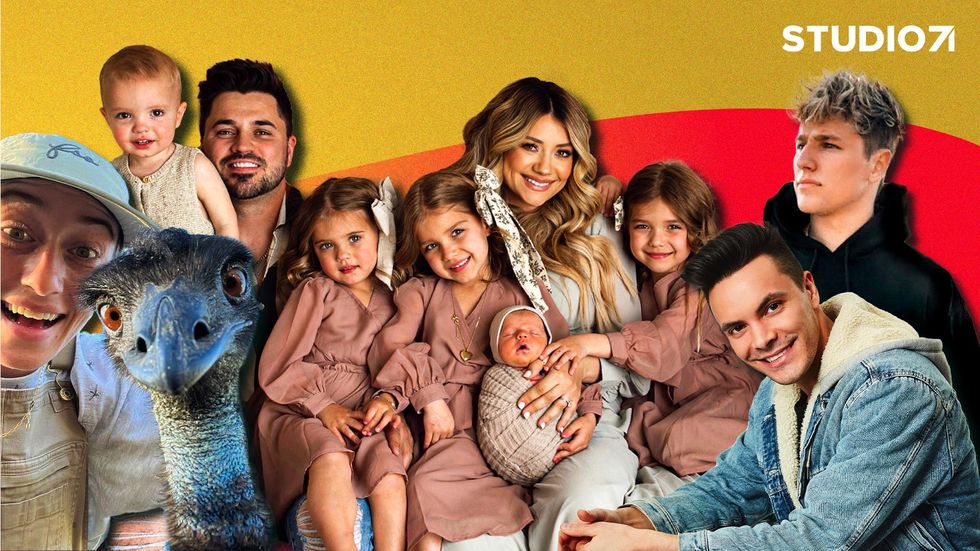
Some people don’t have TikTok. Instead, they get their short-form video fix from YouTube: Think of long-form videos like “hair fails” and “funny pranks,” that wrack up hundreds of thousands of views.
The problem, however, is that the people who posted the original content often don’t know that their video has been re-purposed. And they aren’t compensated for the use of their content.
Studio71, a global media company, is launching a new service for its creators that aims to solve this issue. The Short-Form claiming initiative detects content that has been uploaded without the original creator’s permission. While it is unclear how this technology works, it builds on pre-existing content claiming tools on YouTube and Facebook, which allow creators to make copyright claims against re-posted content.
“It’s working to pull short-form videos specific level, like TikTok and YouTube shorts, and ensure they’re protected on these platforms at scale,” says Studio71 Chief Technical Officer Mike Flynn.
While TikTok is known for taking down videos that violate copyrighted audio, the same cannot be said for the videos themselves, which is why re-posted content is so pervasive. The new initiative intends to bridge that gap.
“As short-form content grows in popularity, copyright infringement has become a huge problem in the creator economy,” says Studio71’s Co-CEO Adam Boorstin. “This is an incredible tool for creators to claim passive income while protecting their rights across platforms.”
Working with hundreds of creators like Taylor Blake, Drew Dirksen, Danny Padilla, The Fishfam, NichLmao and Kat Buno, the tech has so far identified one billion views on pirated videos. On the pirater’s side, they have two options: take down the video, or redirect the revenue payments to the original creator.
As YouTube Shorts’ new ad revenue-sharing program entices TikTok creators to repurpose their old videos, Studio71’s tech has to contend with purposely re-posted content. The tool identifies what channels are associated with each creator to avoid inaccurately labeling a video as stolen.
“This new solution allows short-form creators to generate new content without the risk of others stealing it,” Flynn says.
From Your Site Articles
Related Articles Around the Web










